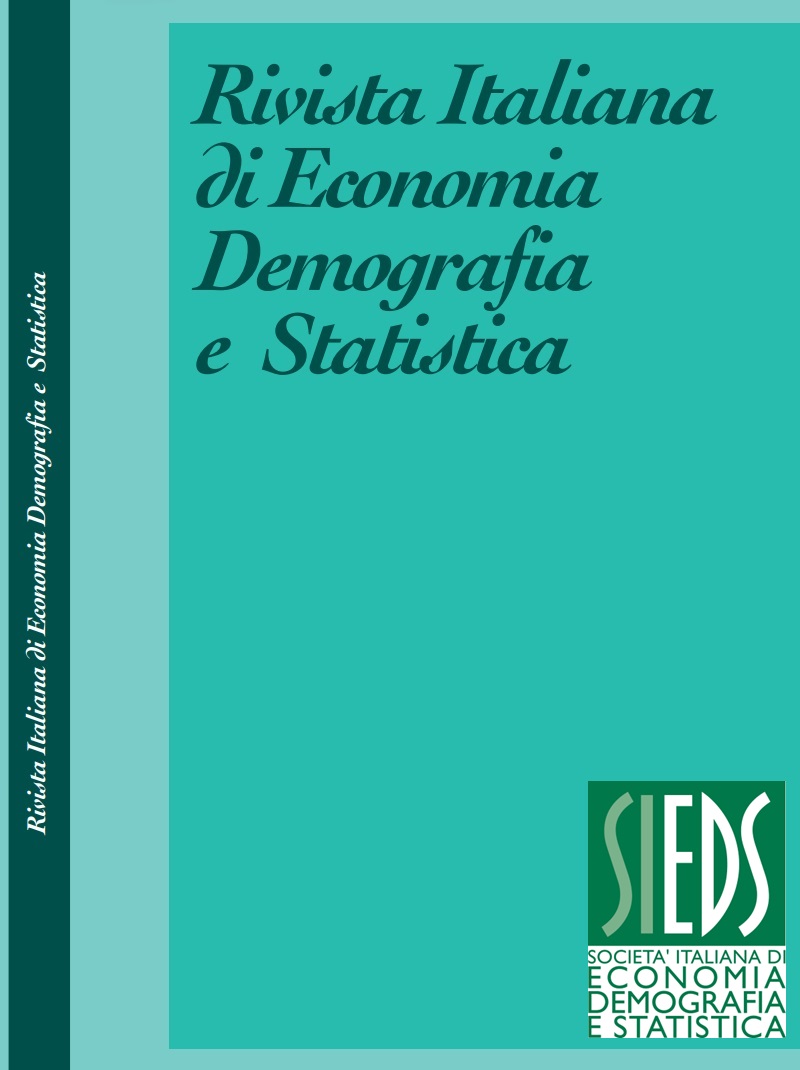Action research and Covid-19
Abstract
School can play an important role in helping children to manage the general situation attributable to the Covid-19 epidemic. To bring out the emotional problems related to this period, the most suitable strategy seemed to be the start of an action research project. To proceed, a questionnaire divided into 20 questions was administered with reference to the experience of the spring 2020 lockdown and their current emotions. The research was carried out between January and May 2021, in some provinces of northeastern Italy, and 533 children of the third, fourth and fifth grades of primary school were interviewed who all know what Covid-19 is. In this work we have chosen to present the emotional reactions of children and the first feeling that emerges is the fear that a family member would get sick (81.4%), and still persists as the main fear (median 5 out of 5) and equally present is the fear of catching Covid themselves (median 5 out of 5) The presence of an anxious experience during quarantine is represented by 60.4% of children who went to sleep late, 32.3% who found it difficult to fall asleep or who he had many thoughts on the effects of Covid (31.5%) or woke up often (28.7%) or had bad dreams (22.3%). Only 14.2% said they always slept peacefully. Two unpredictable results will have to lead to further exploration. First, 49.9% of children said they felt lonely during the lockdown, despite 77.7% of them having siblings and 83.0% of their parents stayed at home longer than usual in that period. The second figure concerns three quarters of the children who say they were bored during that period: 20.9% every day and 53.9% sometimes. Overall, 12.7% of all children felt lonely and bored every day and 27.4% felt lonely and bored at times. But there are also positive aspects: 72.6% of children say they changed during the period of the lockdown. They matured personally: they learned to respect the rules (67.5%), to be more independent (56.5%), to appreciate school (47.5%) and to be alone (39.2%) and their family and social relations improved: 53.1% improved relations with their families, 39.0% learned not to make their mothers angry and 32.2% improved relations with neighbors.
Downloads
Published
Issue
Section
License
Copyright (c) 2021 Nidia Batic

This work is licensed under a Creative Commons Attribution 4.0 International License.



